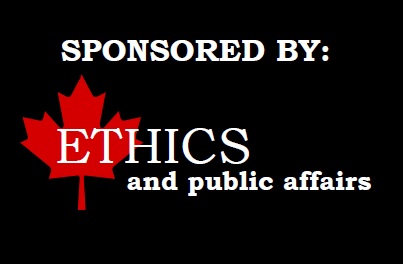Mobilizing Justice: Towards Ethical Public Affairs
Graduate Conference in Ethics and Public Affairs 2024
March 8th and 9th
2017 Dunton Tower, Carleton University
The Event: The Ethics and Public Affairs (EPAF) program at Carleton University is pleased to announce its eighth annual multidisciplinary graduate conference. This will be an in-person event. This conference will begin on Friday March 8th at 10:00am and come to a close for the day at 4:45pm. On Saturday March 9th the conference will begin at 10:00am and conclude at 3:45pm. The full event will be taking place in Dunton Tower 2017; refreshments and lunch will be provided.
The Theme: Theorists, when describing, for example, what mobilizing justice for Indigenous persons looks like, ask questions such as “What forms does indigenous activism to achieve justice take? Under what circumstances legal or institutional avenues are privileged and, conversely, what explains more direct forms of resistance? [sic]” (Hays, Broderstad, Papillon, 2022). Grappling with these questions, we can ask what it means to mobilize justice for marginalized communities more broadly. Thus, the main question for this conference is: how might we (re)evaluate our social and political institutions to reflect the kinds of changes required by policy and practice (i.e., policy development and implementation) when considering justice from the perspective of marginalized groups?
Mobilizing justice considers a range of perspectives that can be employed to both help us better understand what justice is and foster meaningful and successful resources, conversations, and actions in policy and practice that can serve as vehicles for social justice. For the purposes of this conference, ways to think about mobilizing justice can be conceptualized through activism, knowledge translation, education, policy development and implementation, critical analysis of the philosophical implications of justice and more. The interdisciplinary nature of this conference recognizes the inherent value of tackling issues through both philosophical and empirical inquiry to address what it means to build ethical public affairs.
Keynote Lecture
Dr. Jennifer Llewellyn, Dalhousie University, Nova Scotia Restorative Justice Community University Research Alliance
1:00 P.M. in Dunton Tower, room 2017
“Restorative Justice and the Transformation of Criminal Justice & Public Safety”
Calls for transformation of our current approach to criminal justice and public safety echo in response to mounting evidence of systemic failures. Restorative justice has emerged as a promising alternative justice pathway but has recently met with significant and important criticisms about appropriation and cooptation that may undermine and frustrate the cause of justice transformation. Such criticisms are grounded in an understanding of restorative justice as a set of justice practices. This paper argues instead restorative justice should be understood as a relational theory of justice with transformative implications for our approach to criminal justice and public safety.
The Graduate Conference in Ethics and Public Affairs conference is sponsored by the Ethics and Public Affairs programs at Carleton University.

